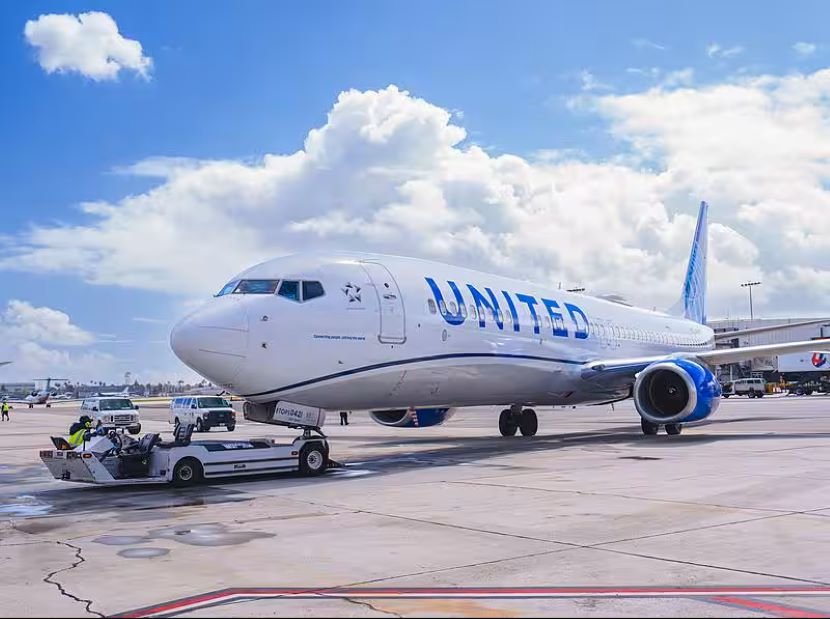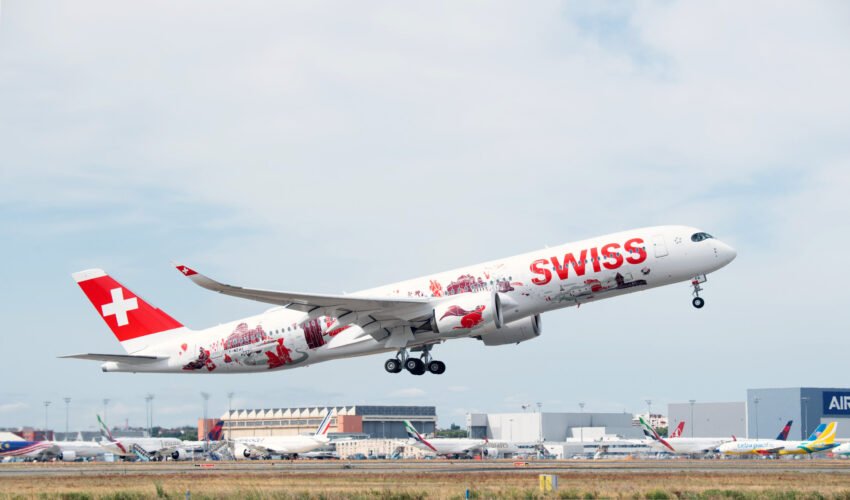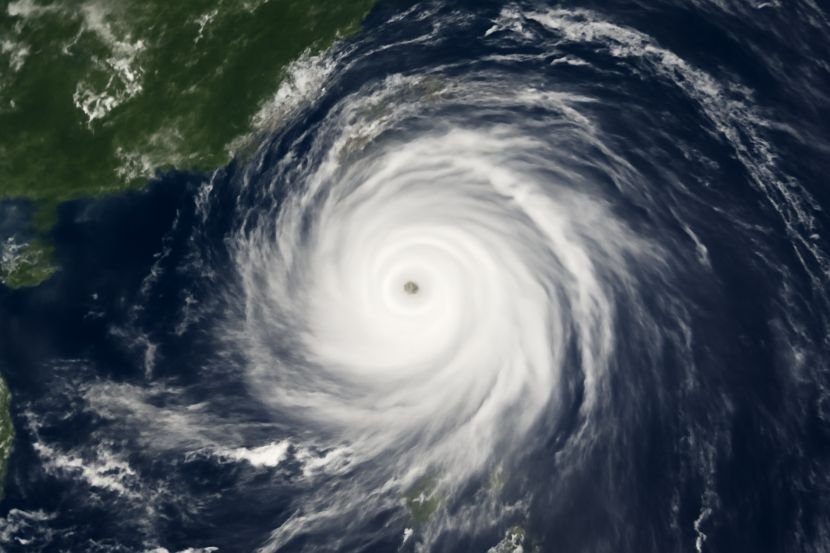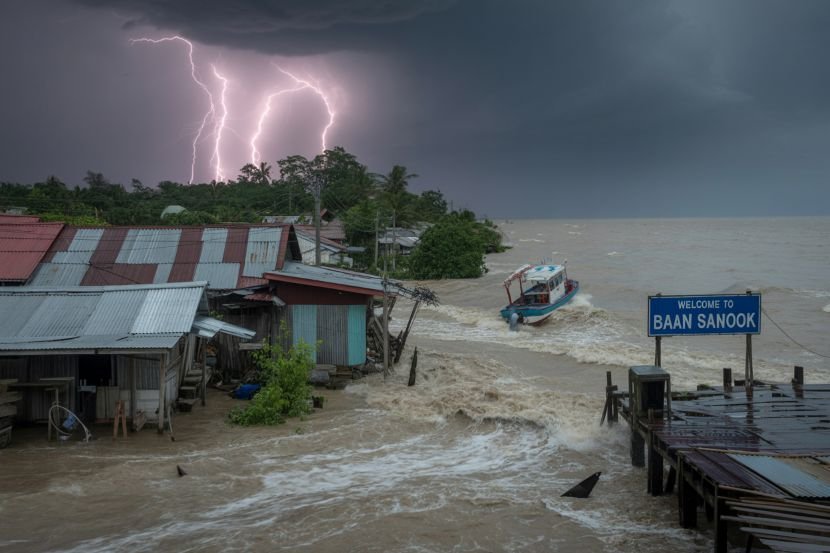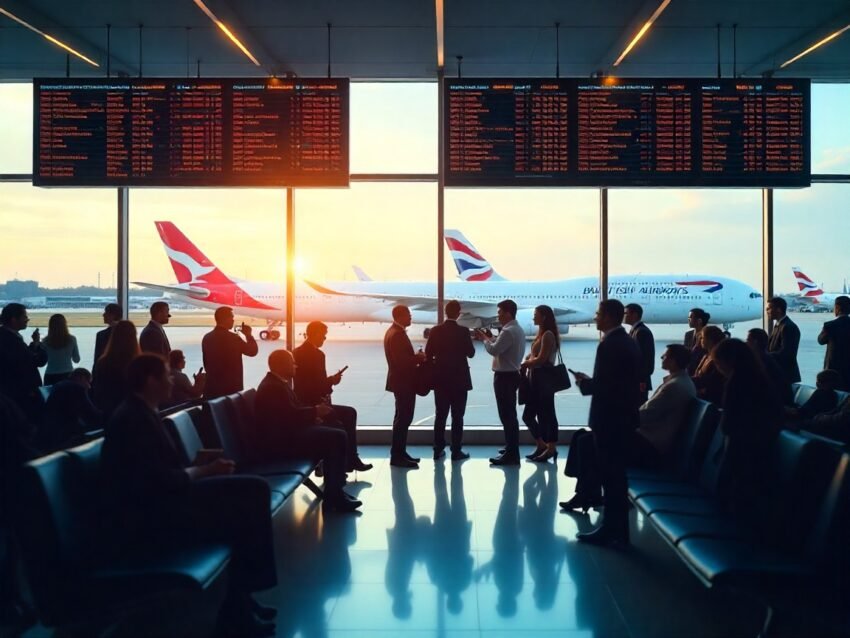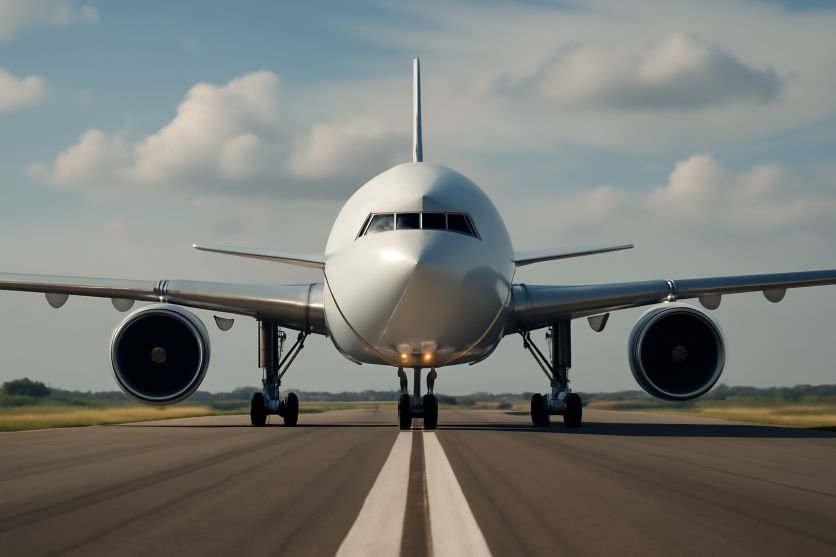Published on
September 23, 2025
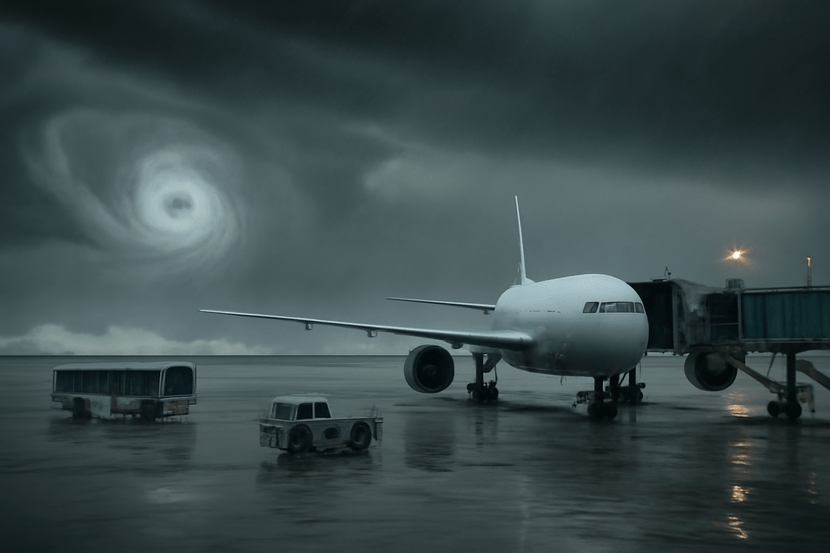
Hong Kong is on high alert as Super Typhoon Ragasa, also known as Typhoon No. 18, approaches. The storm is the strongest to date in 2025, with winds reaching speeds of 270 km/h. It is expected to hit the city on Wednesday morning, severely affecting tourism and air travel. The Hong Kong International Airport (HKIA), one of the world’s busiest, will shut down for 36 hours in anticipation of the storm’s impact.
Airport Shutdown and Flight Cancellations
Hong Kong International Airport will close from 10 pm on September 23 to 6 pm on September 25, according to a statement from Qantas. The closure will affect flights to and from the region, with 8 Qantas services being cancelled. The airline is in contact with affected passengers and is working on rescheduling flights. Other airlines are expected to follow suit, resulting in further travel disruptions.
The closure of Hong Kong’s airport will leave thousands of passengers stranded. Hong Kong’s position as a major global hub means the shutdown will ripple through the travel industry. This extended closure could result in massive delays and cancellations, significantly disrupting travel plans for tourists heading to the city.
Typhoon Ragasa’s Growing Impact
Ragasa is currently located in the South China Sea, on a direct path toward Hong Kong. With winds reaching Category 5 strength, it is expected to maintain its super typhoon intensity until it makes landfall. The Hong Kong Observatory has issued a severe weather warning, urging residents and travelers to take precautions.
As the typhoon makes its way toward Hong Kong, local authorities are preparing for flooding, landslides, and storm surges. The storm’s extensive circulation has already caused widespread damage in the Philippines and Taiwan, and now Hong Kong must brace for similar devastation.
Tourism in Hong Kong Faces Major Disruptions
Tourism is one of Hong Kong’s key industries, and the arrival of Typhoon Ragasa is expected to bring it to a standstill. The 36-hour airport closure, combined with widespread disruptions in flight schedules, will create a chaotic situation for tourists. Many travelers will be forced to alter their plans or remain stuck in hotels until the storm passes. The cancellation of flights also impacts business tourism, especially during this peak travel period.
In addition to air travel disruptions, the typhoon has triggered a range of reactions in the local tourism sector. Long queues have been reported at supermarkets as locals stock up on essentials, while fresh produce prices have surged due to the storm’s impact on supply chains. These factors will affect the tourism experience in Hong Kong, as travelers are forced to navigate unexpected challenges during their stay.
The Hong Kong government is already taking steps to address the storm’s impact. Schools and businesses are being closed as a precautionary measure, while the government’s emergency response teams are on standby to manage the situation. Evacuation plans are also in place for vulnerable areas, including Macau and Zhuhai, which are also bracing for the storm’s arrival.
Global Impact on Tourism
Super Typhoon Ragasa’s impact will not only disrupt tourism in Hong Kong but also throughout the region. As flights are cancelled and transportation is delayed, tourists looking to visit the city may rethink their travel plans. Hong Kong is a popular destination for tourists from across the globe, including business travelers, families, and adventure seekers. However, with the current weather conditions, many will likely choose to postpone their trips or seek alternative destinations.
Tourism boards across the Asia-Pacific region will be monitoring the situation closely. The disruption caused by the typhoon may lead to a temporary decline in regional tourism. Hong Kong’s image as a vibrant tourism destination may also take a hit, depending on how quickly the city recovers from the storm’s aftermath.
The Unseen Costs to Tourism
While the immediate effects of Typhoon Ragasa are being felt in Hong Kong and surrounding regions, the long-term impact on tourism is yet to unfold. Tourists and travelers alike will need to navigate a new reality in the wake of the typhoon’s passage. The city will work tirelessly to restore its status as a global tourism hub, but in the short term, it faces a challenging road ahead.
For now, travelers are advised to stay updated on the latest weather reports and flight status from their airlines. Hong Kong’s tourism industry will need to assess the full extent of the damage in the coming days, with hopes that recovery efforts will soon restore normality to the region’s bustling travel sector.


